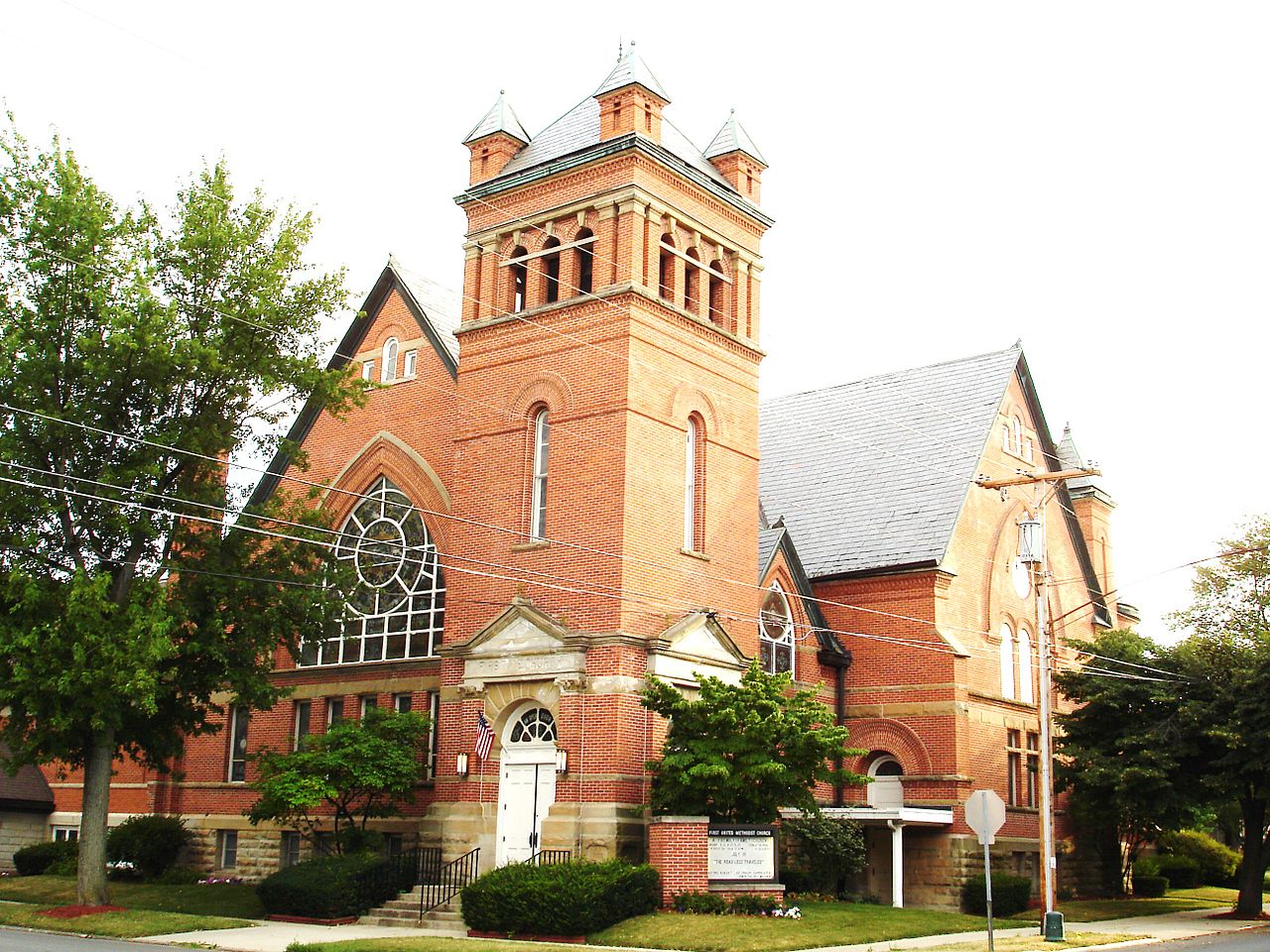
Church Rejects Annual Appointments, Plans 1st General Conference
Leaders of the new Global Methodist Church have made numerous decisions about organization and leadership since the United Methodist Church split in 2022 and a new denomination was born. Now, the fledgling GM Church is preparing for its first General Conference. It’s a crucial step that may provide hints about what’s next for the two-year-old Global Methodist denomination.
Scrapping Annual Appointments
One important decision that Global Methodists have made is to scrap the annual pastor appointment system. The process for appointing Methodist pastors dates to early Methodism in the U.S., when circuit riders were sent to serve multiple churches in large regions.
Today, UMC bishops and cabinets evaluate churches and pastors in their jurisdictions each year, and the bishop appoints pastors accordingly, UMC said.
Global Methodists face a unique situation regarding pastors. They say they need a more fluid process that allows them to fill pastoral positions when the need arises rather than abiding by annual evaluations.
“It’s really a difficult thing to start a new denomination,” said the Rev. Terry Bentley, a presiding elder. He noted that one of the most difficult tasks a new denomination faces is ensuring that all churches have a pastor.
Bentley said that many – but not all – churches that left the UMC took their pastors with them. Consequently, some Global Methodist churches were left without a pastor, at least initially, and the conference and churches decided to solve the problem by using an interview system.
The system works this way: Global Methodist churches that need a pastor will interview three candidates. If none of the candidates meets their needs, the church may look to other conferences for a leader. An individual church makes the initial decision about a pastor’s selection, but the bishop and conference cabinet must give final approval of the appointment.
The GM Church also has made a change regarding bishops. The UMC appoints bishops for life, but Global Methodists have decided to consecrate their bishops for a set term.
Planning Its 1st General Conference
The GM Church will hold its first General Conference this September. The General Conference is extremely important to Methodists under normal circumstances because – as the church’s highest legislative body – it sets policies and speaks for the denomination. But this isn’t normal circumstances.
The upcoming General Conference will consider an extensive legislative package when it meets Sept. 20-26 in San Jose, Costa Rica. Clergy and laity from around the world are expected to attend and work toward several broad goals that include:
- Facilitating dialogue on critical issues
- Providing spiritual renewal
- Fostering collaboration of attendees
- Ensuring transparency
The Denomination’s Structure
The Global Methodist denomination is fortunate that it can turn to 240 years of Methodist doctrine and tradition as it creates the new church. It also has the Transitional Book of Doctrines and Discipline, which sets the denomination’s essential structure until the General Conference.
As Global Methodist leaders prepare to meet, the Transitional Leadership Council (TLC) has said it will recommend the creation of a conference superintendent, according to council chairwoman Cara Nicklas.
The council consists of 17 theologically conservative Methodists who have played a major role in establishing the GM Church in the U.S., Africa, Europe and the Philippines.
Council members believe the conference superintendent “will provide annual conferences with flexible leadership arrangements. It will also allow a limited number of bishops to focus on proclaiming, teaching, and defending the faith, and uniting the Church’s conferences,” Nicklas explained.
Flexibility is important in the young denomination. As church leader Keith Boyette has pointed out, starting a new church is challenging. One of those challenges “is having to respond to circumstances as they arise for which there has not been provision. In the process, you inevitably learn what works and what does not.”
Leaders may have had flexibility in mind when they decided to allow Global Methodist churches to disaffiliate – with no exit fee — after a 90-day “period of discernment.” They also favor allowing the denomination to disaffiliate churches that teach doctrines that go against the Book of Discipline.
The GM Church also has said it plans to return to the pre-1992 Methodist policy that requires elders to first be ordained as deacons.
Deacons teach, preach, and assist elders, and elders preside over baptism and holy communion, lead worship and conduct weddings and funerals. Former UMC pastors are eligible for ordination after completing certain studies, the church said.
What’s Next?
As of 2024, the Global Methodist denomination has nearly 4,500 congregations and an equal number of pastors, most of whom left the United Methodist Church. UMC’s General Conference voted to end disaffiliation in May, but that isn’t necessarily the end of the matter.
“The UMC hierarchy might have convinced themselves that disaffiliation is over, but the season of denominational separation continues,” said the Rev. Dr. Scott Field, president of the orthodox Wesleyan Covenant Association.
“It is crystal clear the season of denominational separation is gaining fresh momentum,” Fields added. He pointed out that entire conferences in Africa are attempting to leave the UMC and that lay members in Zimbabwe are appealing to their bishop for help.
A number of African delegates to UMC’s General Conference in May also expressed their opposition to ending the ban on same-sex marriages and gay clergy. Read more about the UMC decisions here.
UMC’s decision to split along conservative/liberal lines has answered some major questions about the future of Methodism. But the fallout continues to impact Methodist churches worldwide.
And with major decisions looming in African and Asian Methodist churches, Global and United Methodists are in for a bumpy ride in coming years.


